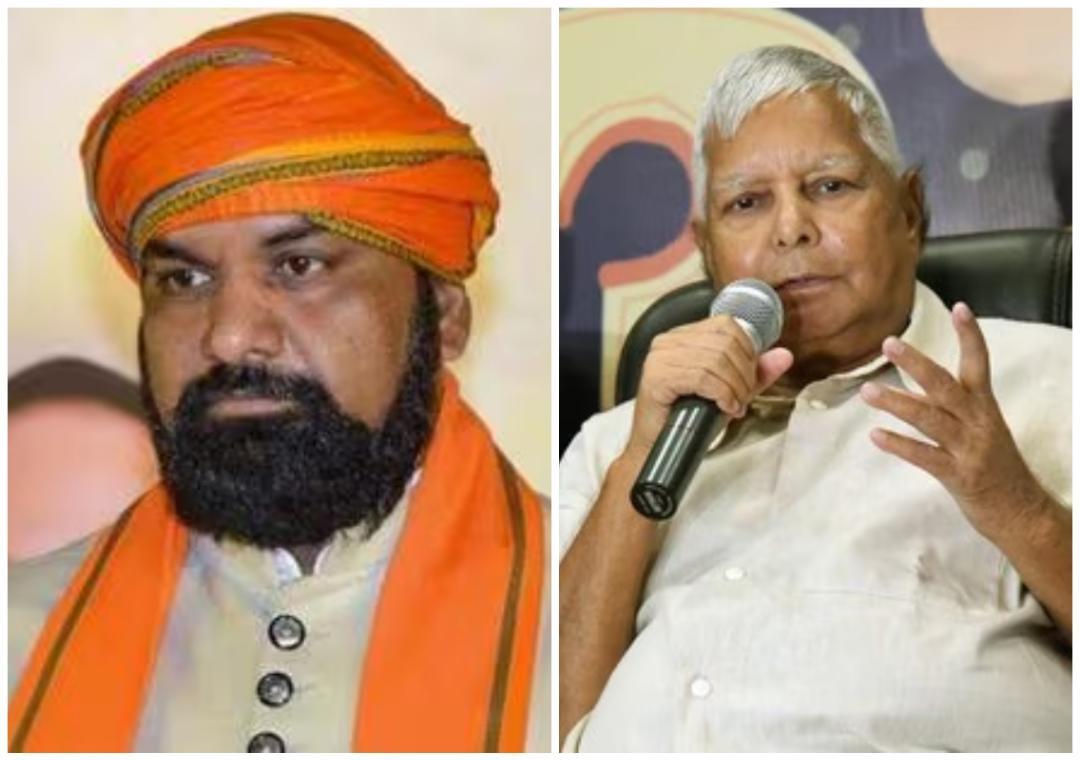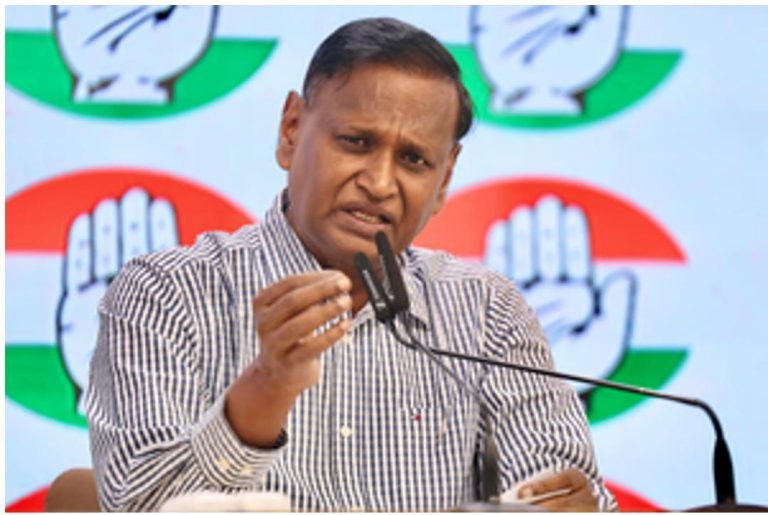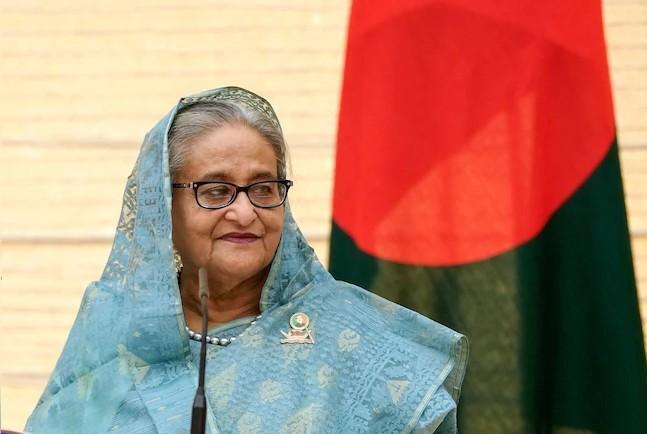
Lalu is the ‘Gabbar’ of Bihar, he scares everyone: Bihar Dy CM
As the assembly elections in Bihar approach, the political scenario in the state is heating up. The latest statement by Bihar Deputy CM Samrat Choudhary has sent shockwaves across the political spectrum. Choudhary, while addressing a gathering, referred to RJD chief Lalu Prasad Yadav as the “Gabbar” of Bihar, implying that he is the one who scares everyone in the state.
For those who may not be familiar, “Gabbar” is a reference to the iconic villain from the Bollywood movie Sholay, known for his intimidating presence and fearlessness. Choudhary’s statement is a scathing indictment of Lalu Prasad Yadav’s rule in Bihar, suggesting that he is the one who instilled fear in the hearts of people from all walks of life.
The Bihar Deputy CM went on to claim that a staggering 1.25 crore people left the state due to Lalu Prasad Yadav’s fear. This staggering figure is a stark reminder of the impact that Lalu’s rule had on the state’s population. It is a testament to the fact that many people felt forced to leave their homes and livelihoods behind, seeking a safer and more prosperous future elsewhere.
But what exactly did Lalu Prasad Yadav do to instill such fear in the hearts of people? The answer lies in his governance style, which was characterized by nepotism, corruption, and cronyism. During his tenure as Chief Minister of Bihar, Lalu Prasad Yadav was notorious for his ability to manipulate the system to his advantage, often using his position to benefit his family members and close associates.
Under Lalu’s rule, the state’s administrative machinery was often used to settle personal scores and vendettas. Those who dared to speak out against him or refused to abide by his whims were often subjected to intimidation, harassment, and even physical violence. The fear of Lalu’s wrath was so palpable that many people chose to remain silent rather than risk incurring his wrath.
But Choudhary’s statement is not just a personal attack on Lalu Prasad Yadav. It is a reflection of the broader narrative that the Bharatiya Janata Party (BJP) and its allies are trying to spin ahead of the assembly elections. The BJP has been trying to portray Lalu Prasad Yadav as a symbol of corruption and misrule, and Choudhary’s statement is a part of this larger strategy.
The reality, however, is more complex. While it is true that Lalu Prasad Yadav’s rule was marked by scandal and corruption, it is also important to recognize that he was able to deliver significant economic growth and social change to the state. During his tenure, Bihar saw a significant improvement in its economic indicators, with the state’s GDP growth rate increasing from 1.4% in 2005-06 to 10.5% in 2011-12.
Moreover, Lalu Prasad Yadav’s government was able to implement several landmark social welfare schemes, including the Antyodaya Anna Yojana, which provided foodgrains to the poorest of the poor. His government also implemented the Rashtriya Swasthya Bima Yojana, a health insurance scheme that provided medical coverage to over 60 lakh BPL families.
Despite these achievements, however, Lalu Prasad Yadav’s rule was ultimately marred by corruption and cronyism. His government was plagued by scandals, including the infamous fodder scam, which involved the embezzlement of thousands of crores of rupees meant for cattle feed.
In conclusion, while Choudhary’s statement may be seen as a personal attack on Lalu Prasad Yadav, it is also a reflection of the broader narrative that the BJP is trying to spin ahead of the assembly elections. The reality, however, is more complex, and it is important to recognize both the achievements and the failures of Lalu’s government.
As the assembly elections in Bihar approach, it remains to be seen how the people of the state will respond to Choudhary’s statement. Will they see it as a legitimate critique of Lalu Prasad Yadav’s rule, or will they view it as a desperate attempt by the BJP to garner votes? Only time will tell.






